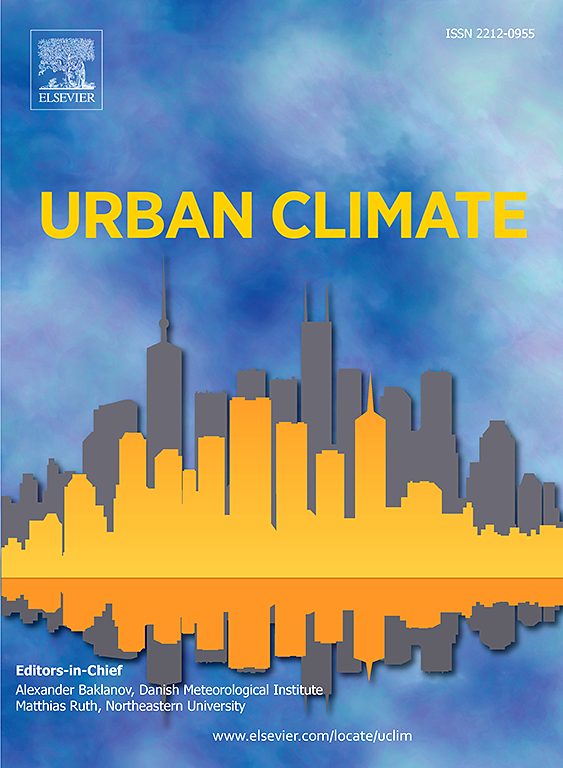How does land resource mismatch affect urban energy low-carbon transition?
IF 6
2区 工程技术
Q1 ENVIRONMENTAL SCIENCES
引用次数: 0
Abstract
Optimizing land resource allocation is an inevitable requirement for achieving urban energy low-carbon transition. This paper explores the impact mechanism of land resource mismatch on urban energy low-carbon transition by utilizing actual land market transaction data and panel data of 284 prefecture-level cities in China obtained from China Land Market Network using crawler technology. The results show: (1) Land resource mismatch significantly inhibits the performance of urban energy low-carbon transition, and the conclusion still holds after a series of robustness tests such as replacing explanatory variables and endogeneity analysis. (2) Land resource mismatch mainly affects the urban energy low-carbon transition by inhibiting industrial structure upgrading, low-carbon technology innovation and weakening industrial agglomeration effects. (3) The disincentive effect of land resource mismatch is more pronounced in resource-based cities, cities with low cleaning potential and small-scale cities. (4) Hard constraints on local governments' economic growth targets will strengthen the inhibitory effect of land resource mismatch on the city's energy low-carbon transition, while the environmental performance assessment mechanism will weaken the negative impact of land resource mismatch.
土地资源错配如何影响城市能源低碳转型?
优化土地资源配置是实现城市能源低碳转型的必然要求。本文利用中国土地市场网实际土地市场交易数据和284个地级市面板数据,运用爬虫技术,探讨土地资源错配对城市能源低碳转型的影响机制。结果表明:(1)土地资源错配显著抑制城市能源低碳转型绩效,经过替换解释变量、内生性分析等一系列稳健性检验,结论仍然成立。(2)土地资源错配主要通过抑制产业结构升级、低碳技术创新和弱化产业集聚效应来影响城市能源低碳转型。③土地资源错配的抑制效应在资源型城市、清洁潜力低的城市和小规模城市更为明显。(4)地方政府经济增长目标的硬约束将强化土地资源错配对城市能源低碳转型的抑制作用,而环境绩效考核机制将弱化土地资源错配的负面影响。
本文章由计算机程序翻译,如有差异,请以英文原文为准。
求助全文
约1分钟内获得全文
求助全文
来源期刊

Urban Climate
Social Sciences-Urban Studies
CiteScore
9.70
自引率
9.40%
发文量
286
期刊介绍:
Urban Climate serves the scientific and decision making communities with the publication of research on theory, science and applications relevant to understanding urban climatic conditions and change in relation to their geography and to demographic, socioeconomic, institutional, technological and environmental dynamics and global change. Targeted towards both disciplinary and interdisciplinary audiences, this journal publishes original research papers, comprehensive review articles, book reviews, and short communications on topics including, but not limited to, the following:
Urban meteorology and climate[...]
Urban environmental pollution[...]
Adaptation to global change[...]
Urban economic and social issues[...]
Research Approaches[...]
 求助内容:
求助内容: 应助结果提醒方式:
应助结果提醒方式:


